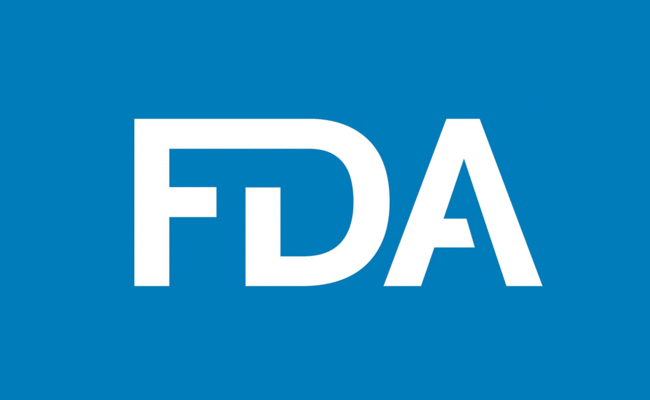FDA Issues Emergency Use Authorization for COVID-19 Antigen Test
The COVID-19 antigen test can produce results in minutes and its simple structure allows for millions of Americans to be tested for the novel coronavirus per day.

Source: FDA Official
- FDA recently issued the first emergency use authorization (EUA) for a COVID-19 antigen test for use during the pandemic.
For more coronavirus updates, visit our resource page, updated twice daily by Xtelligent Healthcare Media.
Antigen tests are a new category of tests that quickly uncover fragments of proteins found on or within COVID-19 by testing samples collected from the nasal cavity using swabs.
The agency gave the EUA to Quidel Corporation’s Sofia 2 SARS Antigen FIA to help disseminate the test quickly to diagnose COVID-19.
The test is authorized for use in high and moderate complexity laboratories certified by Clinical Laboratory Improvement Amendments (CLIA), as well as for point-of-care testing by facilities operating under a CLIA Certificate of Waiver.
“Diagnostic testing is one of the pillars of our nation’s response to COVID-19 and the FDA continues to take actions to help make these critical products available, including by issuing EUAs,” FDA stated.
“During this pandemic, there have been two types of tests for which the FDA has issued EUAs. One type is polymerase chain reaction (PCR) tests, a molecular diagnostic testing technique that detects the genetic material from the virus and can help diagnose an active COVID-19 infection.”
Serological tests are another type of COVID-19 test that look for antibodies to the virus and can help identify individuals who have developed an adaptive immune response.
Experts believe that if an individual develops antibodies to the novel coronavirus, then they may have at least temporary immunity from reinfection, although this is still unproven and that the parameters of that immunity are still unknown.
At the end of April, Roche announced the development of a serology test to detect antibodies in individuals who have been exposed to COVID-19.
The Anti-SARS-CoV-2 serology test, Elecsys, is designed to identify individuals who have been infected by the virus, especially those who do not display any symptoms. The test can also screen high-risk groups including healthcare workers and food supply workers who may have developed immunity and can safely return to work.
The test may also be used in epidemiological research to uncover the spread of the disease and may also be used simultaneously with molecular tests to help the diagnosis of potential COVID-19 patients.
Hospitals and other laboratories can leverage the test on Roche’s cobas e analyzers. Once experts understand more about the immunity of COVID-19, potential drug and vaccine options will advance and societies can reopen faster.
The latest FDA authorization for the antigen test can provide results in minutes. These tests can also generally be produced at a lower cost than PCR tests and have the potential to test millions of Americans per day due to a simpler design structure.
But antigen tests may not detect all active infections, as they do not work the same way as a PCR test. Antigen tests are very specific for the virus, but are not as sensitive as molecular PCR tests.
Although positive test results from antigen tests are expected, there is also a higher chance of false negatives. Therefore, FDA stated that negative results from an antigen test may need to be confirmed with a PCR test prior to making treatment decisions or to prevent the possible spread of the virus due to a false negative.
“This is just the first antigen test to be authorized and we expect more to follow. We also anticipate providing a EUA template for antigen tests, similar to ones we’ve released for other test types, to help manufacturers streamline submissions and help expedite our review and issuance of additional EUAs,” FDA said.
The agency also stated that it will continue to offer support and expertise to develop accurate COVID-19 tests and review and monitor their accuracy.
